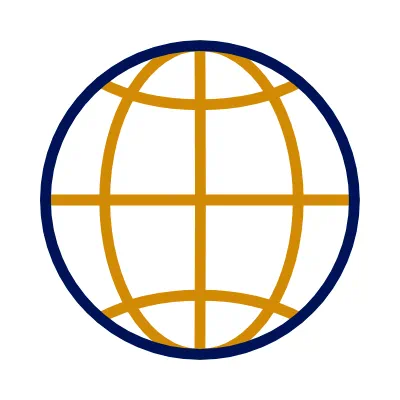Economics is a social science that examines how individuals, families, corporations, industries, and governments make decisions about the allocation of scarce resources to achieve maximum benefit or satisfaction. It revolves around the choices made to utilize limited resources, which have alternative uses, in order to meet and distribute our seemingly endless wants.
Economics is divided into two main branches: microeconomics and macroeconomics.
Both branches are essential and complementary. While microeconomics deals with individual and business decisions, macroeconomics looks at the larger economic picture. Together, they work towards improving the overall well-being of the population.
Economics encompasses a broad range of topics and approaches, including:
Economics aims to provide insights and solutions for both individual and collective economic challenges, ultimately striving to enhance societal welfare.
